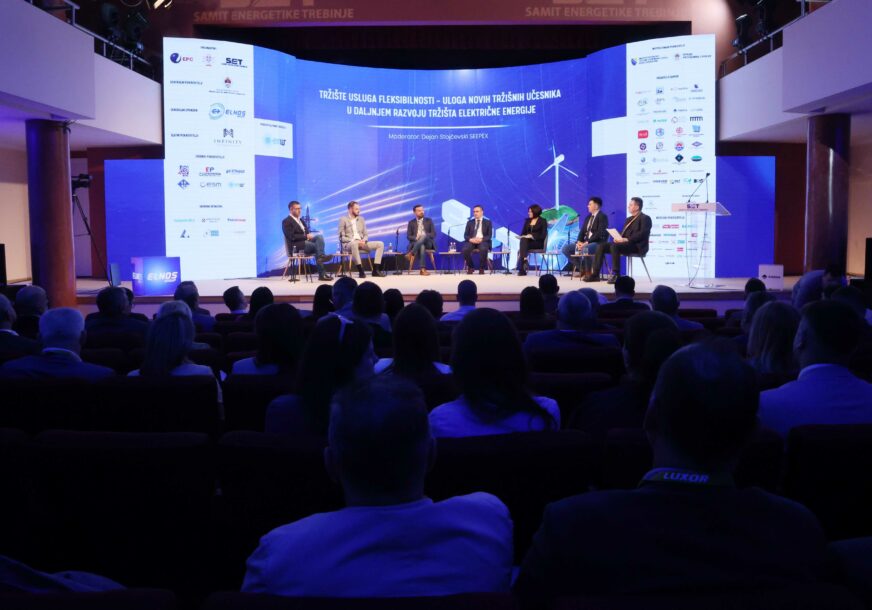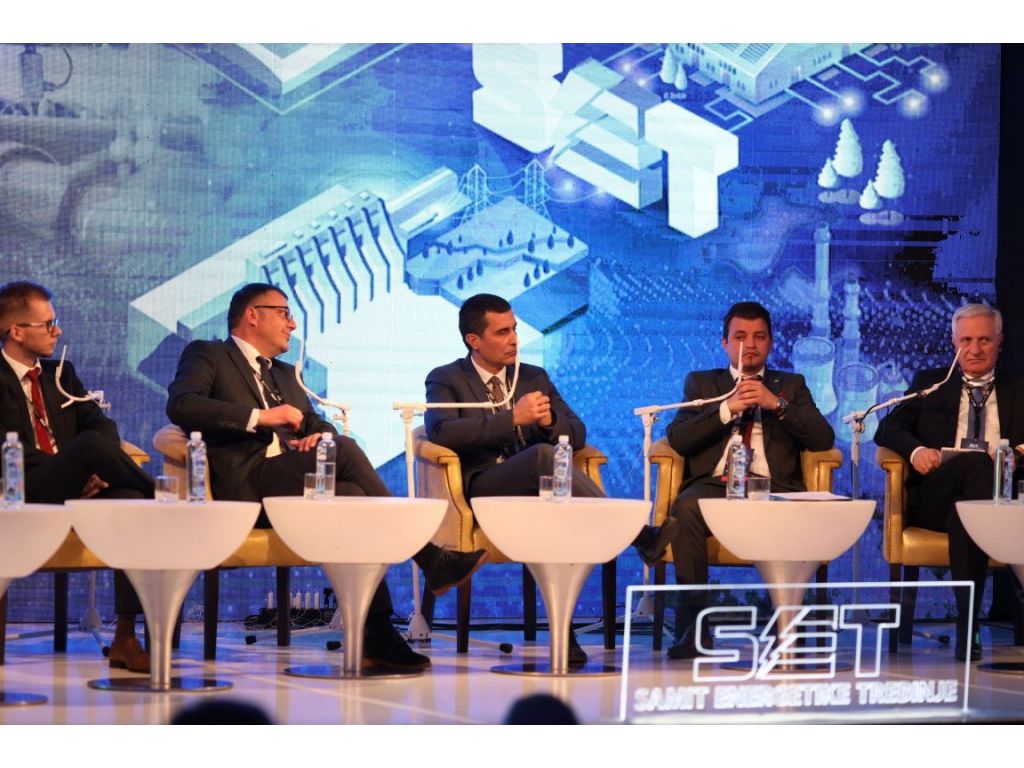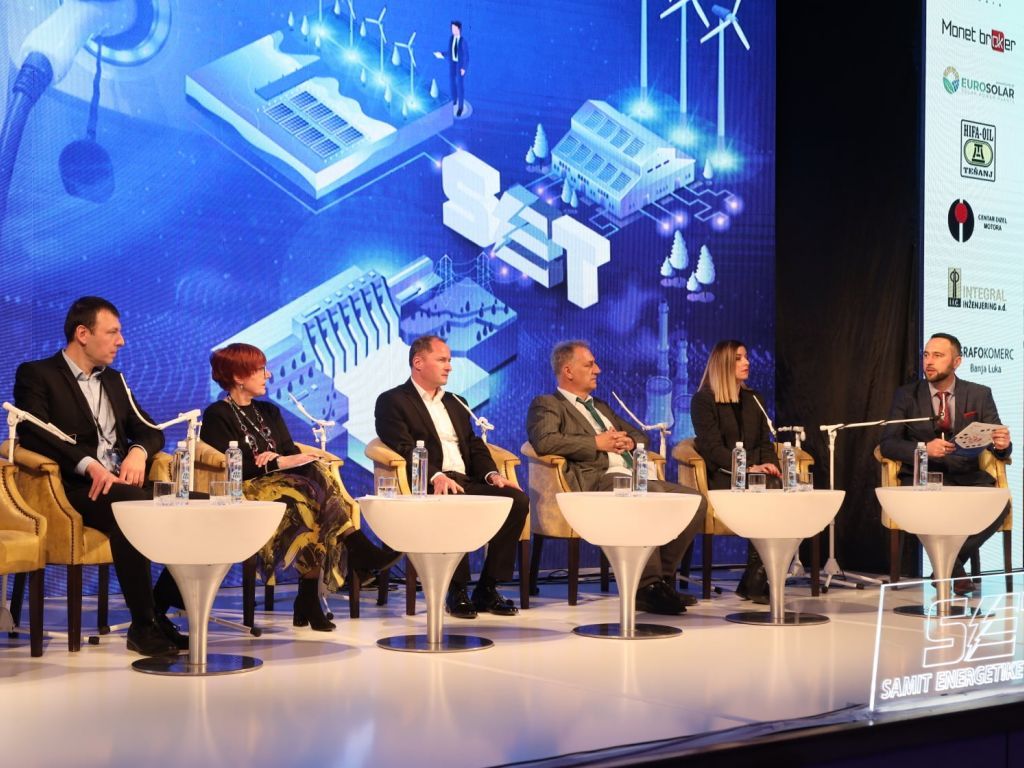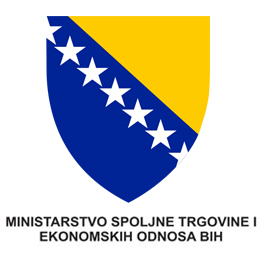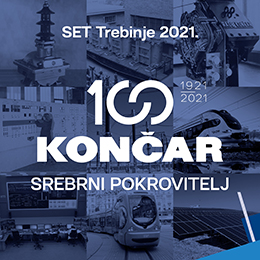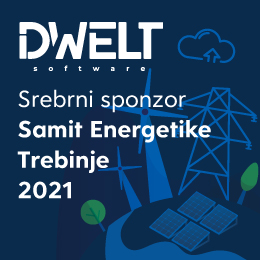SET 2022: Why Are ESCO Companies a Good Choice When Investing in Energy Renewal?
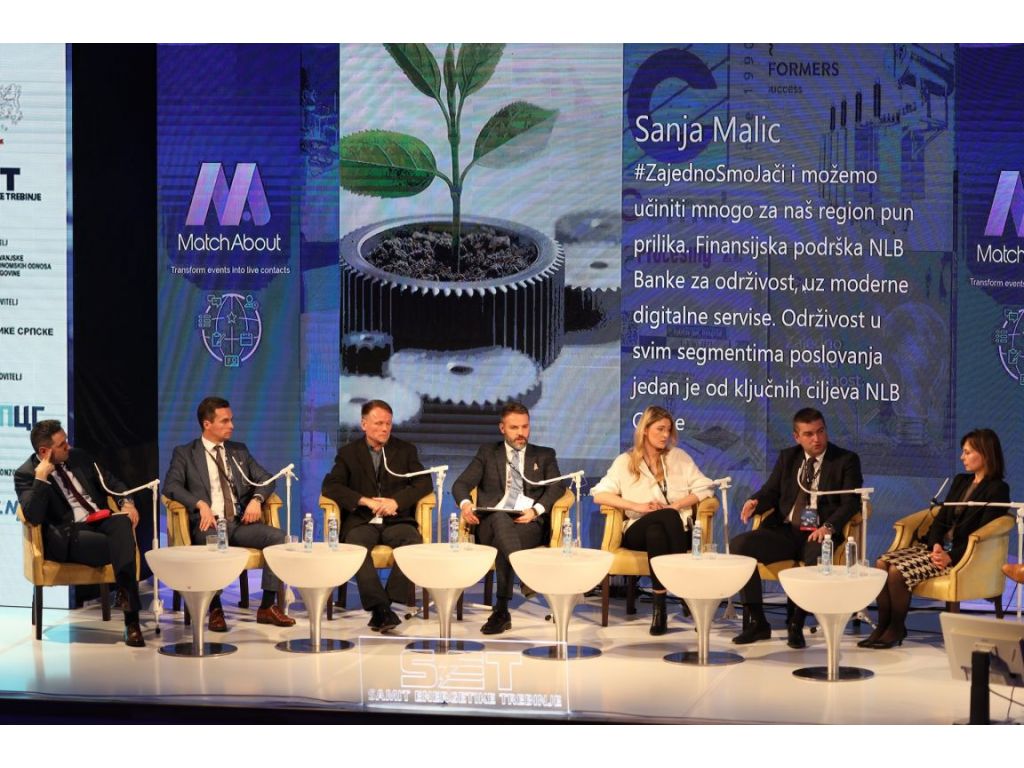
The Law on Public Procurement Procedures complicates, but is not a barrier to the development of the ESCO market in BiH, said professor Azrudin Husika of the Faculty of Mechanical Engineering in Sarajevo, who took part in the recent realization of the first ESCO agreement in BiH, more precisely, in the Central Bosnia Canton.
– Our country has a great potential for this market, primarily in the renewal of public buildings, and private companies have already done projects which have some ESCO elements, but they have now had the door opened through the already realized projects. What makes us happy is that, in this pilot project in the Central Bosnia Canton, there is a local company involved, although we don’t expect a great boom of private companies investing in ESCO model, because there are plenty of risks in this field. There will not be a boom like the one that happened with the investments in small hydro power plants, but in the medium term or the long term, a great interest can be expected to occur – Husika explained.
He clarifies that, unlike the traditional model of energy renewal, where, for example, the contractor has a formal responsibility for the works done, here, if the ESCO company makes a mistake somewhere, it is to its own detriment. The quality of the project, the installation of the materials, the implemented technologies are all much higher in ESCO agreements than in classic systems.
– When we combine heating supply and energy renewal, then the ESCO company has an interest, during the process of negotiating the agreement, for the public building to spend as little energy as possible. ESCO is not in a conflict of interests to deliver as much heating as possible, but there needs to be a lot of caution when the tendering documentation and the offer form are being prepared, what pertains to what, so that there wouldn’t be any suspicious dealings.
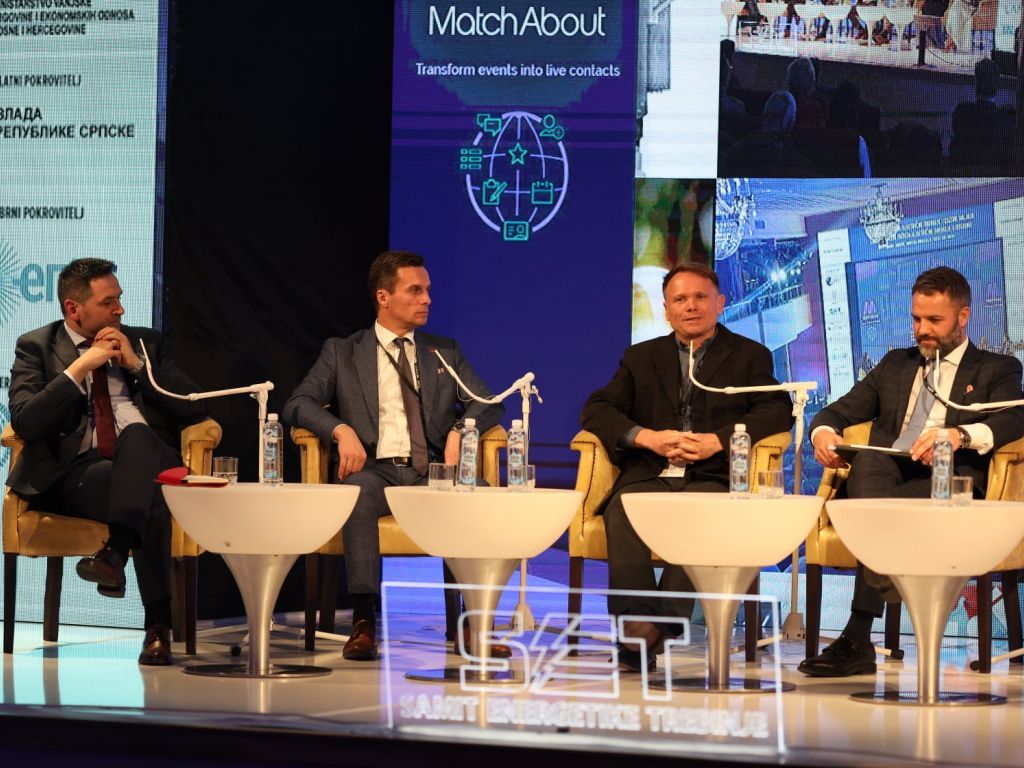
(Photo: SET)
Everything that the ESCO company invests in the process is owned by it during the agreement period, he says.
Through this project in the Central Bosnia Canton, we ran into a number of open questions – what if the ESCO company goes down, what happens with that façade that’s owned by it? Then, based on the experiences from Croatia, we defined that that which the ESCO company did not realize does not go into the bankruptcy estate if it goes down. Instead, it is put up for a tendering process, so as to avoid misuse.
The ESCO company makes a return on the investment only if there are savings, pointed out Raduska Cupac, the head of the Sector for Energy and Environmental Protection at the UNDP.
– The ESCO company needs to be good, because it takes upon itself the risk of the savings that occur with the implementation of the measures. It needs to be strong in terms of both the staff and the finances, it needs to have a long presence in the market in order to withstand the burden of this investment. That speaks to the company’s capacities, but also the security of the investment in question. Also, public institutions and private companies pay off that investment through current activities. Let me clarify – instead of paying the heating bill, you return the investment to the ESCO company. All this is an indisputable contribution to decarbonization and environmental protection – she said.
Private capital desirable
What the situation in RS shows is that it is impossible to realize everything that is demanded in the sense of an energy renewal of the public sector by having it financed just from the Fund or donations, pointed out Srdjan Todorovic, the director of the Environmental Protection Fund of RS.
– That is why the market of energy services and ESCO companies which can carry out such projects and EE measures are a solution. Without a private interests and capital, we cannot make any significant results in this field. Having worked in the past year on establishing this model in BiH, we have become aware of the legal limitations in establishing an ESCO market, so, with the help of the consulting service of the UNDP, we tried to come up with propositions for the amending of certain legal solutions, but for now, we have decided to seek an operational model within the existing legal frameworks – said Todorovic.
Croatian experiences
When Croatia started this process, they realized that they have no ESCO model from EU states that they could look up to, because developed countries have money to invest in energy efficiency, and for the countries of our region, ESCO is necessary, because they have no money, said Damir Vuletic, the assistant director of the Croatia Real Estate Agency (APN).
– When we jointed the EU, we got some rights and benefits, but we also took some obligations upon ourselves, because the goals regarding the energy renewal of buildings are very ambitious. We then realized that some goals cannot be met, so it came to the point where private capital was mobilized. We went in that direction, we took the obligation to renew the entire fund of public buildings by 2050, with a minimum 50% savings. These are no longer measures that pay off quickly, like certain quickest savings, but this entails an in-depth renewal of buildings, where you need to encompass the façade, the windows, roof insulation, thermal systems, to establish heating and other elements and then you have an impossible mission where a repayment period is some 25 years.
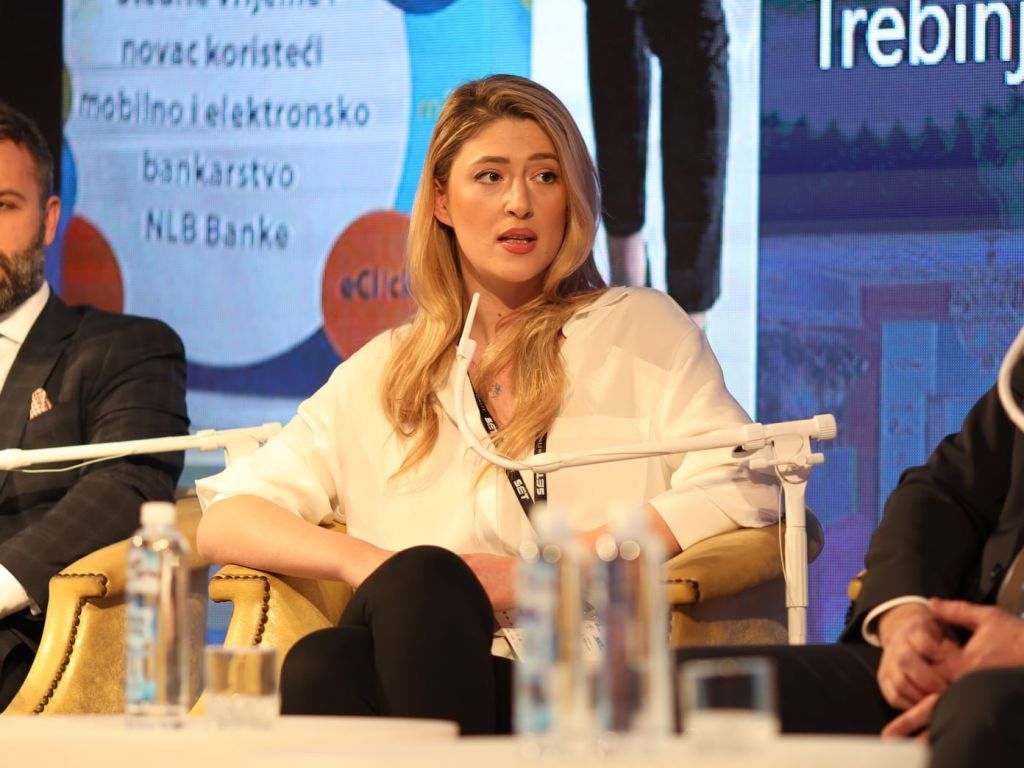
Amina Durmo Trlin (Photo: SET)
It has turned out, he says, that the total reconstruction of a building cannot be carried out without state co-financing and help.
How banks see this sector
Nearly 20% of the total portfolio of ProCredit Bank consists of credits for energy efficiency and investments in RES, said Amina Durmo Trlin, a member of the bank’s management.
– It has turned out that these investments are much more resilient to changes and that is an additional motivation for us to keep being active in this segment. Investing in energy efficient machines and equipment, as well as the implementation of energy efficiency measures in building construction are dominant at our bank. With these electricity price increases, many companies are motivated to invest in these measures and use energy more efficiently. We are also seeing a greater interest in investing in CNC machine, as well as in RES, and that is a category that we’ve seen grow drastically. Our first investment in photovoltaic power plants took place in 2015, and in the meantime, we acquired new knowledge and practices, picked up the experiences from sister banks as well, which operate in foreign markets, as well as from our holding in Germany. We use all that to provide true support to clients.
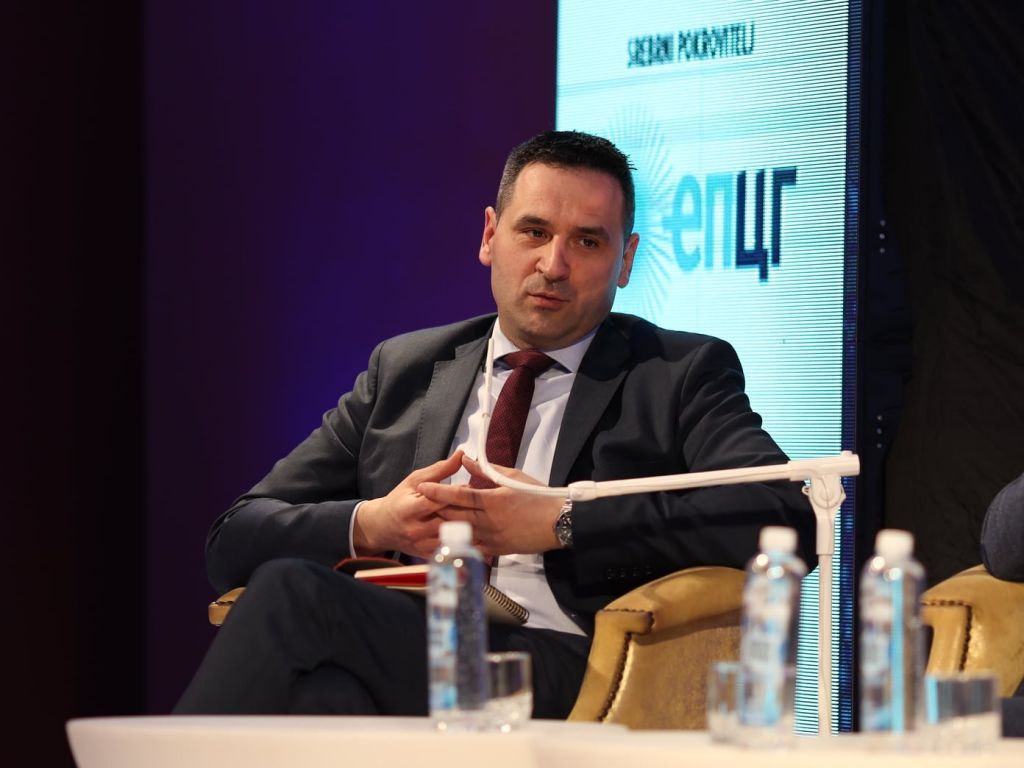
Zeljko Kisic (Photo: SET)
In 2021, UniCredit Group joined the Net-Zero Banking Alliance, whereby they obliged to harmonize their crediting and investment portfolio with zero-emissions. That is why Zeljko Kisic, a member of the management of UniCredit Bank Banjaluka in charge of retail and corporate and investment banking, believes that investing in energy efficiency is both an opportunity and an obligation of all the participants in that chain.
– It is very important to motivate companies to invest, and I see motivation through grants, because they are more attractive than when it comes to interest rates. We realized that through the line which is now current and which has developed much more quickly than we expected, which shows the strength of grants as something that attracts clients. When it comes to natural persons and the motivation to include them as well, we have a line of EUR 20 million with the EBRD, which provides grants to natural persons for investments in green energy. Also, through our card operations, we give benefits to citizens, from the aspect of additional cash limits.
Kisic believes that, in addition to offering grants, banks should motivate by giving favorable interests.
Let us remind that the 2022 Trebinje Energy Summit was held between March 16 and 18, organized by Elektroprivreda RS, the City of Trebinje and the company SET.
The eKapija portal was the media sponsor of the Summit. You can read about the participants and the topics of the Summit HERE.
Teodora Brnjos
© 2020 All rights reserved | SET 2021





